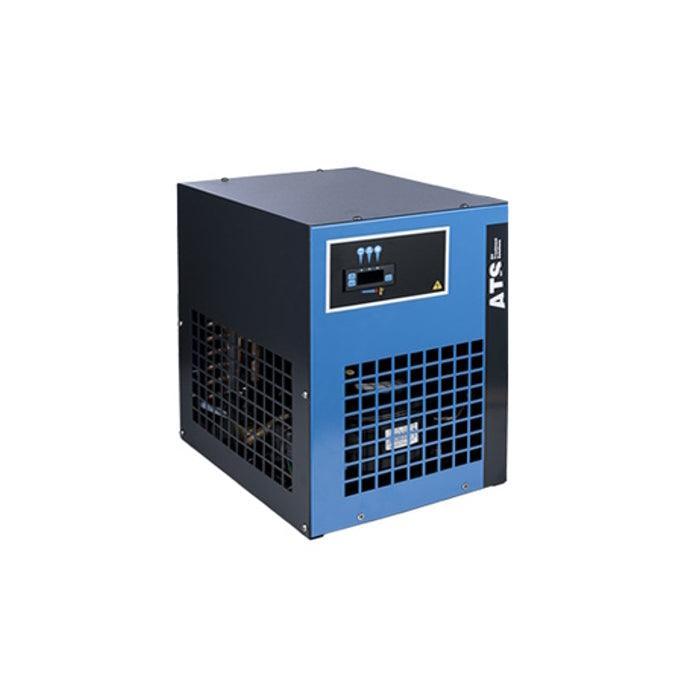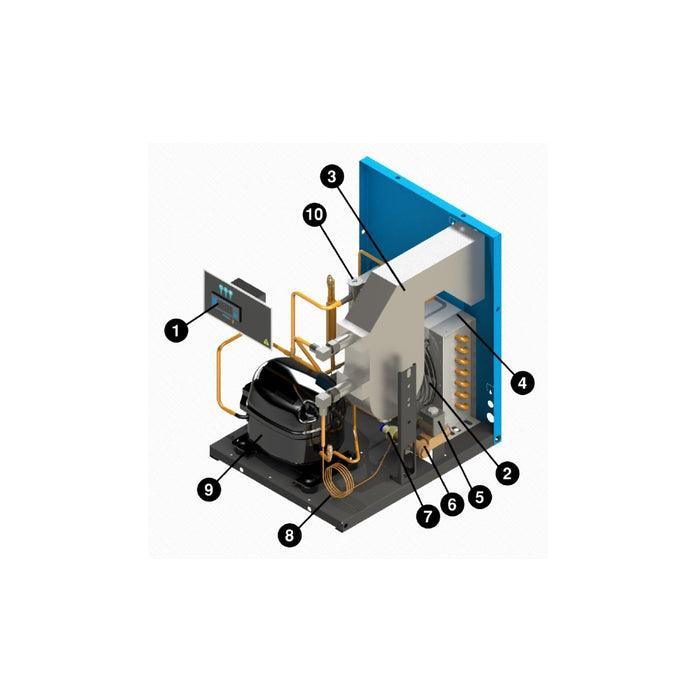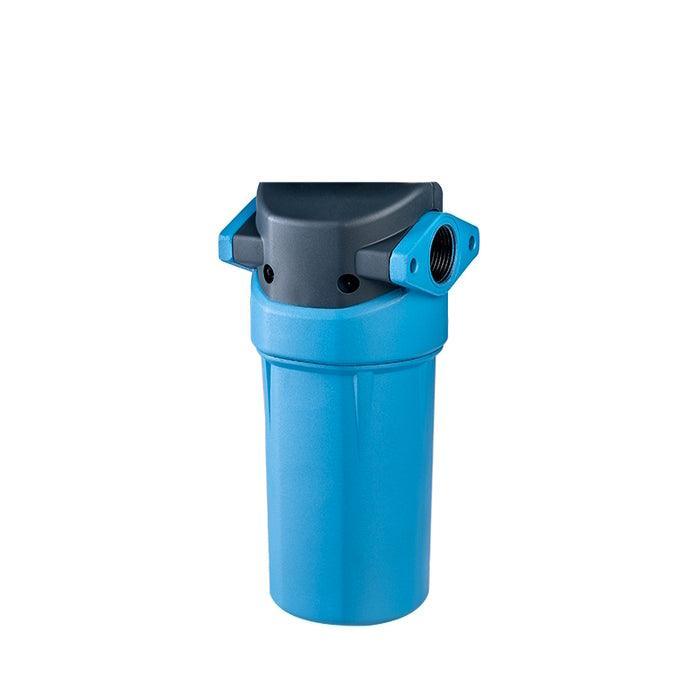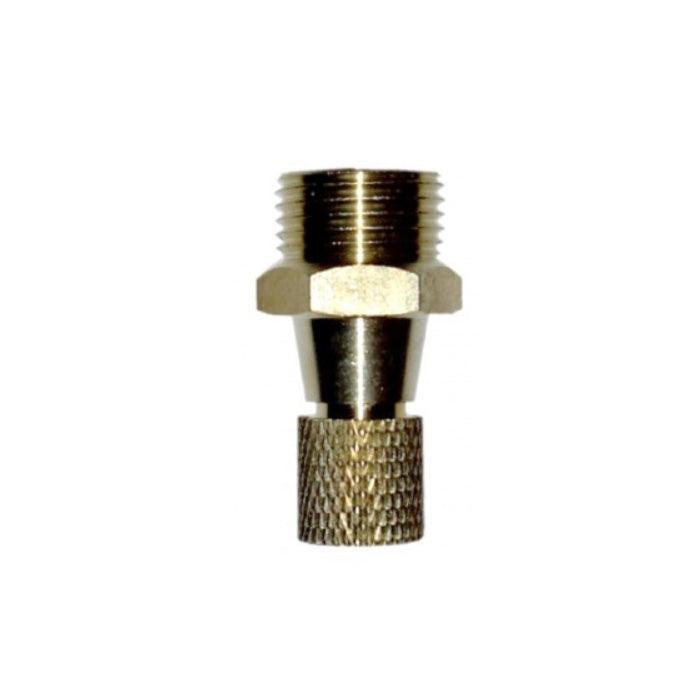Air compressors are an integral part of many industries where compressed air is used in manufacturing processes. The key to maximizing efficiency and saving energy and costs is choosing the right air compressor. Here are a few tips to help you find the best compressor for your needs and achieve a quick return on investment.
-
Determine your needs: When it comes to selecting the size of your air compressor, bigger isn't always better. Opt for an energy-efficient compressor that meets your specific requirements. A compressor that is properly sized for your needs will run continuously and use less energy than an oversized compressor that runs in an unloaded state. Ask manufacturers for a sizing audit to help you choose the ideal-sized compressor.
-
Match your frequency: For industries with stable air demand, a properly-sized compressor is sufficient. However, industries with varying demand patterns or those looking to increase manufacturing capacity may benefit from Variable Frequency Drives (VFDs). VFDs reduce motor speed to match actual air demand, resulting in lower power consumption. Again, a sizing audit can help you determine if a VFD is necessary.
-
Ensure a smooth flow: To boost efficiency, it's important to have a smooth flow of compressed air. Keep the distance between the air compressor and the application as short as possible, and minimize bends in the piping that routes to the application. Steel piping is cheaper than aluminum, but it is more prone to corrosion. Industrial Air Solutions offers high-quality aluminum piping systems that are cost-effective and long-lasting. Be sure to check for leaks in the system, as they can lead to higher energy consumption and air waste.
-
Conduct air audits: Air audits can help you evaluate the efficiency of your compressed air system, identify damage, and prevent leaks to optimize usage. Manufacturers may conduct air audits to understand varying air demands and save energy and costs. Air audits can also help you identify unnecessary usage of your air compressor.
-
Perform regular check-ups: Regular monitoring of your compressed air system is essential. To maintain the desired pressure, air compressors cycle on and off regularly. To save money on your chosen compressor, consider the following: turn off the compressor when not in use, maintain the required air pressure only, change air filters regularly, check for air leaks, and review the piping infrastructure.
-
Calculate life cycle cost: Knowing the life cycle cost of your air compressor can help you maximize returns. This analysis looks at everything from raw material selection to final waste removal, as well as operating costs and maintenance costs. Proper usage and maintenance of your air compressor can save you energy and money. Life cycle cost calculations vary by industry, but the three main factors to consider are capital equipment expenditure, ordinary maintenance costs, and energy costs.
By following these steps, you can choose an energy-efficient air compressor that meets your needs and helps you achieve a quick return on investment.
























